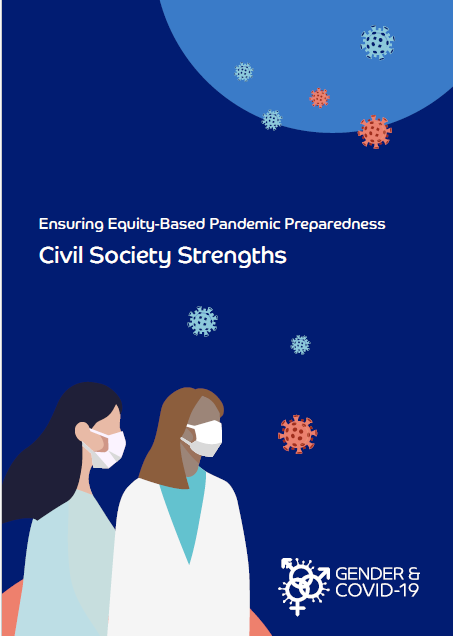Equity-based pandemic preparedness recognizes that responses to health crisis can worsen existing social, economic, and health inequities, as well as create new ones. However, this doesn’t have to be the case. A team-based approach – including all sectors of government and civil society – can provide a robust response to pandemics and protect against inequitable outcomes. In sports, every player must excel in their role while also working in harmony with teammates. Similarly, effective pandemic response demands collaboration across sectors, communities and levels of government. Just as sports teams develop strategies by learning from past games and assessing both team capacity and conditions, preparing for a pandemic requires a balance of detailed planning and adaptability – as well as a great deal of practice working together.
The important work of non-profit organizations, religious communities and other civil society organizations (CSOs), plays a crucial role in not only responding to infectious disease outbreaks, but also to the inequities health crisis often exacerbate. This research brief outlines practical strategies to tackle critical issues that CSOs are particularly well placed to address, such as combating racism and discrimination, addressing intimate partner violence, and implementing effective equity-based health communications. CSOs can mobilize community resources, advocate for marginalized populations, and facilitate access to vital information and services. By leveraging their grassroots connections and expertise, CSOs can help create a more resilient and equitable pandemic response, ensuring that no community is left behind.
For more information, you can also check out ‘The pandemic preparedness playbook: Ensuring equity-based response during crisis‘ and our brief ‘Ensuring Equity-Based Pandemic Preparedness: Municipal Government Strengths‘.





